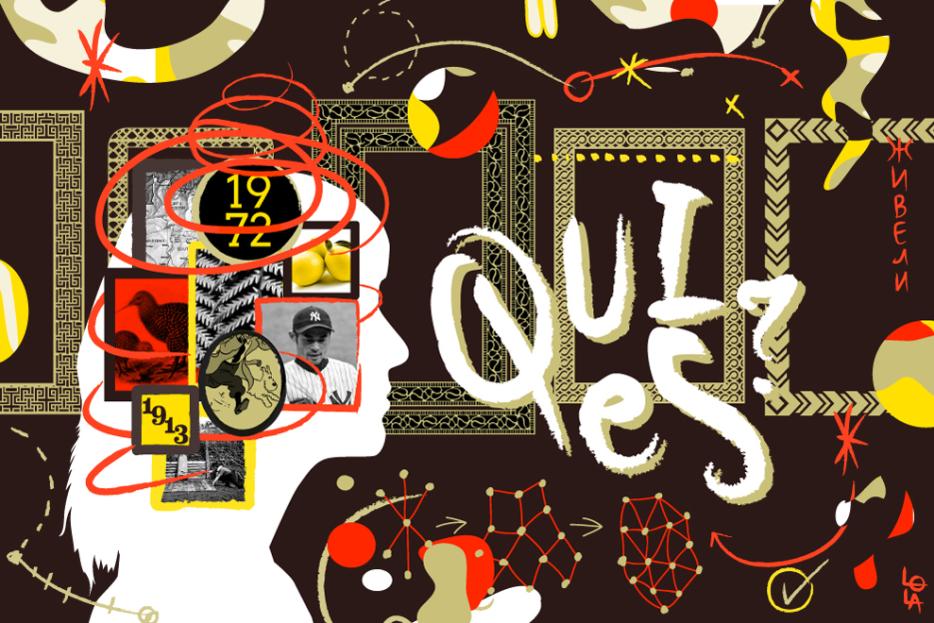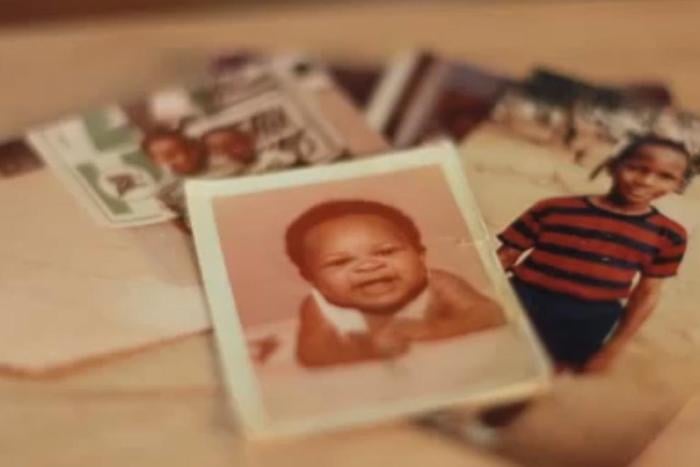Some questions, like “Who ate all the ice cream?” and “Did you stay in your pyjamas all day?” I prefer to leave unanswered. Especially when there are better ones claiming my attention. I recently picked up The Civil War Quiz Book by a man calling himself The Osprey Quizmaster, and have since been entertaining myself and irritating my boyfriend with a running interrogation on the minutiae of the American Civil War. On a recent evening we learned that Confederate general Thomas J. “Stonewall” Jackson (also known as Old Jack, Old Blue Light, and Tom Fool) was famous for consuming not a) oranges, c) bananas, nor d) apples, but b) lemons while on campaign. “How can one general have so many nicknames?” my boyfriend asked, “And why aren’t any of them about lemons?”
It’s the kind of fact that gets short shrift in the history books, which are generally too busy advancing theories about the manufacturing sector versus the agricultural sector to elucidate which of the following Civil War commanders was NOT bald (it was D.H. Hill—but I hear Richard Ewell, Ambrose Burnside, and Benjamin Butler were very virile). These kinds of facts are part of why the quiz appeals, but there’s another, deeper reason why it’s so comforting. Quizzes don’t rely on understanding; they reward you simply for knowing. They focus on the who, what, when, where, how with very little of that troubling question, why.
It’s a relief to escape why. As anyone with toddlers knows, why is a chain reaction. If you start by asking, “Why was 1861 the first year the United States levied an income tax?” soon you want to know, “Why should citizens pay for their governments to fight unpopular wars?” and then it’s a short step to, “Why are there wars?” Before you know it, you are no longer learning when the income tax was repealed (1872; the U.S. didn’t institute a permanent income tax until 1913), but swimming in an ocean of existential doubt that ends in the question, “If there’s no God, why are we here?”
Perhaps because they stave off the why-cycle, quizzes are a widely used pedagogical tool. Quiz may come from qui es? meaning, “Who are you?”—the first question on Latin oral exams for British schoolchildren. The word first showed up in the mid-1800s, and in the 1940s became the name of a popular entertainment based on competitive question-and-answer. The first popular quiz show was a radio program called Quiz Kids, which ran from 1940 to 1953 (it was the model for It’s a Wise Child, the program that Seymour Glass and his precocious siblings starred on in J.D. Salinger’s novels and stories). Listeners awwed and were awed when seven-year-olds answered questions like, “What would I be carrying home if I brought an antimacassar, a dinghy, a sarong and an apteryx?” Children are the quiz’s natural constituency. Although kids from the program sometimes went on to great achievements (James D. Watson, a co-discoverer of DNA and a Nobel Prize winner, is a Quiz Kids alum), the beauty of the quiz and the beauty of childhood are their blithe unconcern with practicality. It’s why so many smart kids reach adulthood without knowing how to do anything.
Adults, unfortunately, are rarely praised for their knowledge of the apteryx, and are generally expected to know how to work the photocopier or drive a car. But even without the draw of precocity, the pleasure of the question-and-answer form persists into adult life, if pub quiz nights, Trivial Pursuit, and twenty-eight years (and counting) of Jeopardy are any indication. Some people are natural aggregators; they collect facts the way a numismatist collects coins, and the most obscure are the most valuable. Who is the only person in MLB history to be named League MVP without having appeared in a major league game prior to that year? (Ichiro Suzuki. Obviously.) I got both that question and that answer off the web page of a guy named Alex, who is a quizmaster at an Irish pub in Santa Monica. I have no idea what the MLB is, but I don’t really have to: if that question ever comes up, I’ll be able to slam it out of the park (Ha ha! I’m really hoping the B stands for baseball).
A compendium like The Civil War Quiz Book promises that our world is knowable, and that, with a little effort, I could become an expert; all I have to do is memorize one-sentence answers to a finite number of one-sentence questions. It’s the antithesis of the Socratic method, in which a question like, “What is virtue?” is debated until all possible answers are eliminated and the debaters are reduced to a state of confusion. When I studied this tactic in school, I thought I might use it to dazzle my parents out of their disapproval (“And what, admirable Derek, son of Mortimer, is your idea of a ‘nightclub’?”), but it didn’t really fly. But then, neither does the apteryx, because it can’t (five points!).
What quizzes never ask is, “Why would I ever need to know this?” I think there’s an aesthetic argument for the value of the quiz form: questions and answers with no context have their own postmodern beauty. In the 1980s, Radio-Canada aired a televised version of Quiz Kids called Génies en herbe (it recently re-launched with Canadian geography-themed questions), and my elementary school staged its own version, pitting classrooms against each other in the echoey gym. The questions I remember today are not the useful facts about rivers in Africa or capital cities—they’re questions like, “What colour are Tintin’s socks?” (white) and “Who was Walt Disney’s favourite brother?” (Roy, co-founder of the Disney studio). I remember them for their oddball specificity, their insistence that all knowledge is valuable. Learning that a Quaker gun is a log painted to look like a cannon makes me feel as though I’m shining a narrow but bright flash beam down the dark tunnel of history. Mostly there is blackness, but the details that light up glint like keys to a lost world. Now I know where “Stonewall” Jackson’s amputated arm is buried, though I prefer to think of him as “Ol’ Lemonsucker.”






